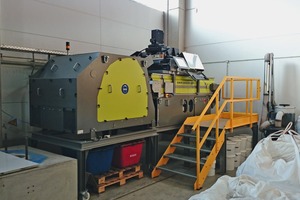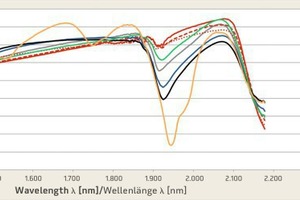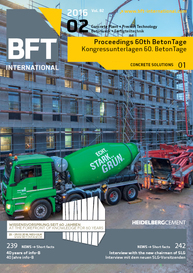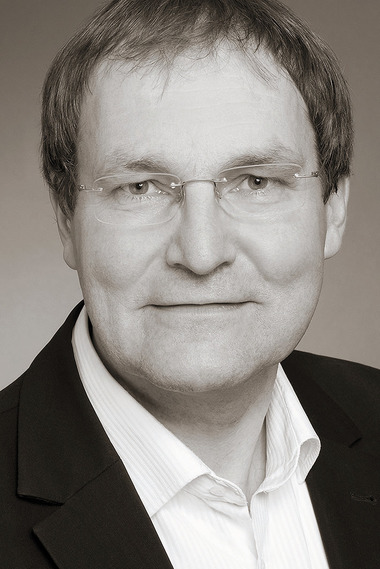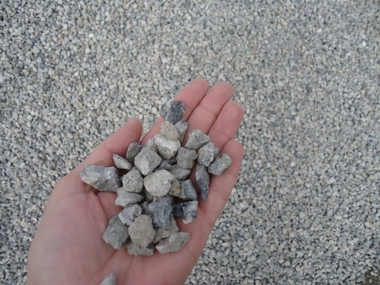Recycled concrete production
Problem
The Act on Recycling and Waste Management (Kreislauf-wirtschaftsgesetz) intends for secondary raw materials, such as recycled aggregates produced from mineral construction and demolition waste, to be recycled into higher-quality products. This applies to various material fractions resulting from building deconstruction which require the development of closed-loop material cycles. The focus lies on using sensor-based sorting processes to produce high-quality recycled mineral aggregates intended for the production of reinforced concretes.
According to DIN EN 12620 and the DAfStb guideline...

